The international system, imperfect as it is, remains open to those who persist with clarity, legality, and determination.
By Ali Dan Ismael, Editor-in-Chief
When people speak of the United Nations, they often imagine it as a place where nations go to “get independence.” That view is partly true, but it is incomplete. To understand how the UN functions, it may help to think of it as a department store.
In this store, newly emerging nations went to the “independence aisle” during the age of decolonisation. There, they received statehood — some fully, some partially. Once that transaction was completed, the UN, like the store clerk, considered its service delivered.
But what happens when, years later, a people realise that their independence was incomplete or manipulated? In a store, one does not take the product back to the aisle where it was first displayed. One goes to customer service, where the complaint is examined, the reasons tested, and remedies — whether a refund, an exchange, or a replacement — are determined.
So too with the United Nations system. Once independence has been granted, questions of injustice, incomplete sovereignty, or violations of self-determination are no longer addressed by the Trusteeship Council or decolonisation committees. Instead, they move into the wider “customer service” desks of global governance and law, such as:
The International Court of Justice (ICJ) for disputes between states.
The International Criminal Court (ICC) for accountability in cases of atrocity crimes.
The UN General Assembly and Security Council for political recognition and action.
The International Human Rights Commission for monitoring and defending fundamental rights.
International instruments such as the Montevideo Convention on the Rights and Duties of States.
National or multilateral resolutions, such as U.S. Senate Resolution 684, which acknowledge legitimate grievances.
The Lesson for All
The key insight is this: the UN has not “closed its doors” on peoples who continue to press their case for self-determination. Rather, the pathway has shifted — from the aisles of decolonisation to the broader institutions of international law, human rights, and justice.
Ambazonia’s Case
This lesson is deeply relevant to Ambazonia. The people of Southern Cameroons were never fully decolonised, and their union with La République du Cameroun lacked legal ratification under international law. Today, Ambazonians find themselves not in the “independence aisle” but at the customer service desk of the international community.
As President Dr. Samuel Ikome Sako has often remarked: “We are not asking for favours; we are demanding the enforcement of international law.” The task before Ambazonians is therefore not to lament a closed door, but to engage — firmly and strategically — with the mechanisms still available.
The struggle for justice continues, but so too does the opportunity. The international system, imperfect as it is, remains open to those who persist with clarity, legality, and determination.
Ali Dan Ismael, Editor-in-Chief













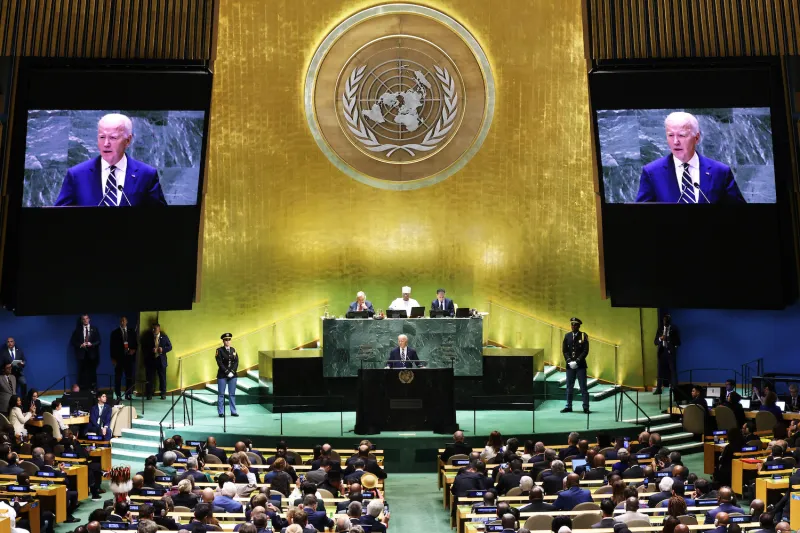
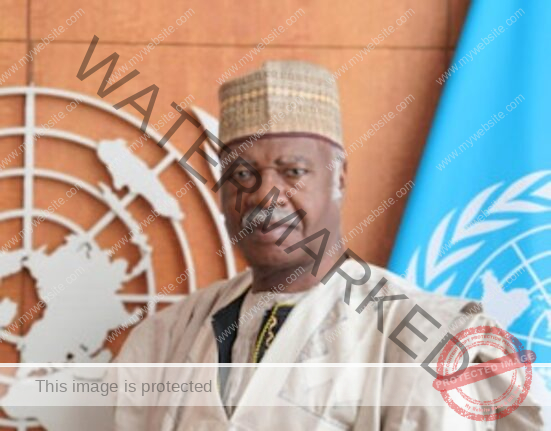
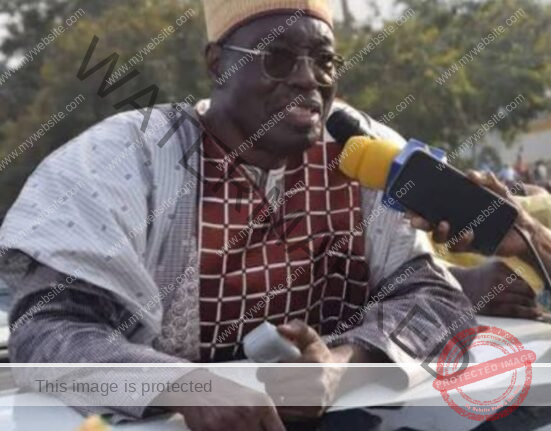
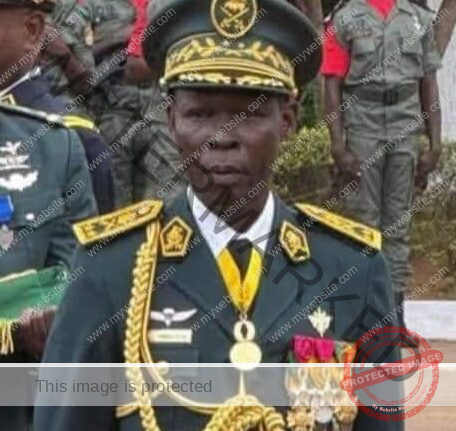
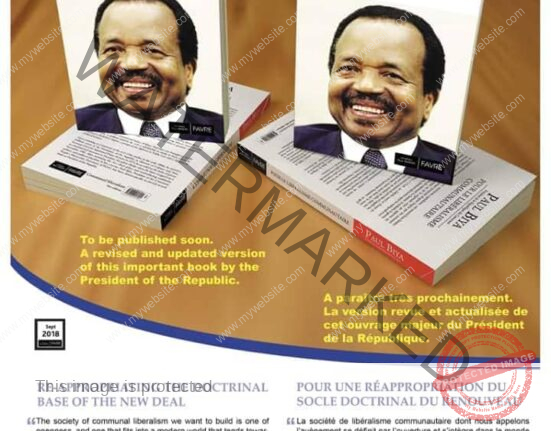
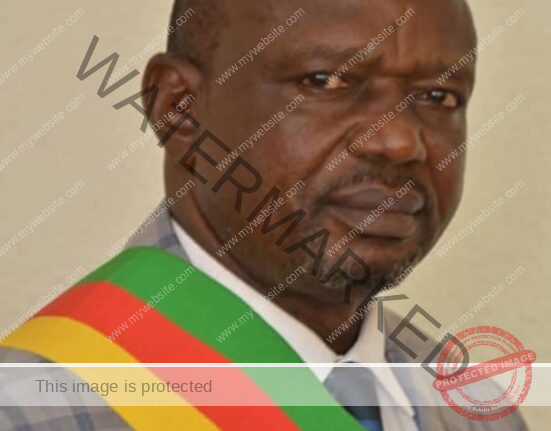
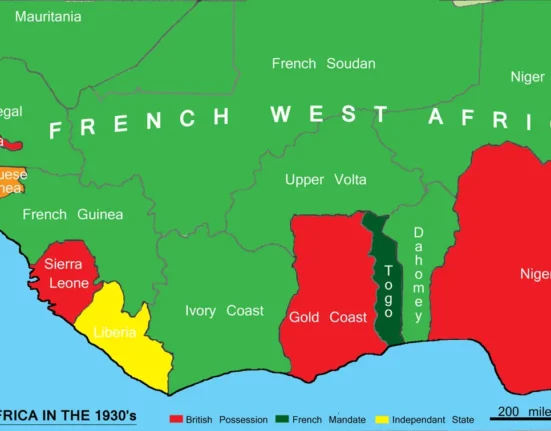

Leave feedback about this